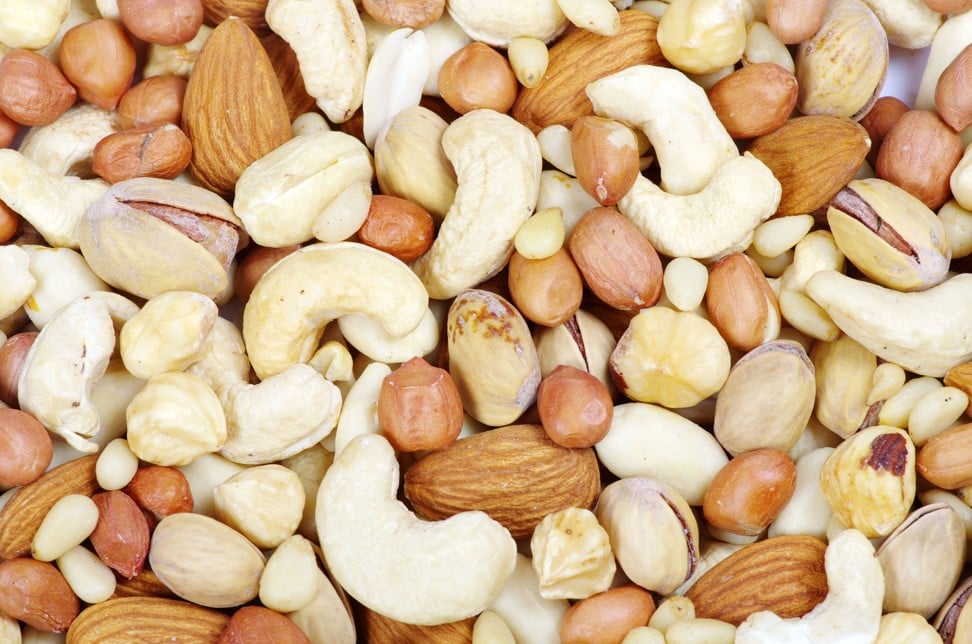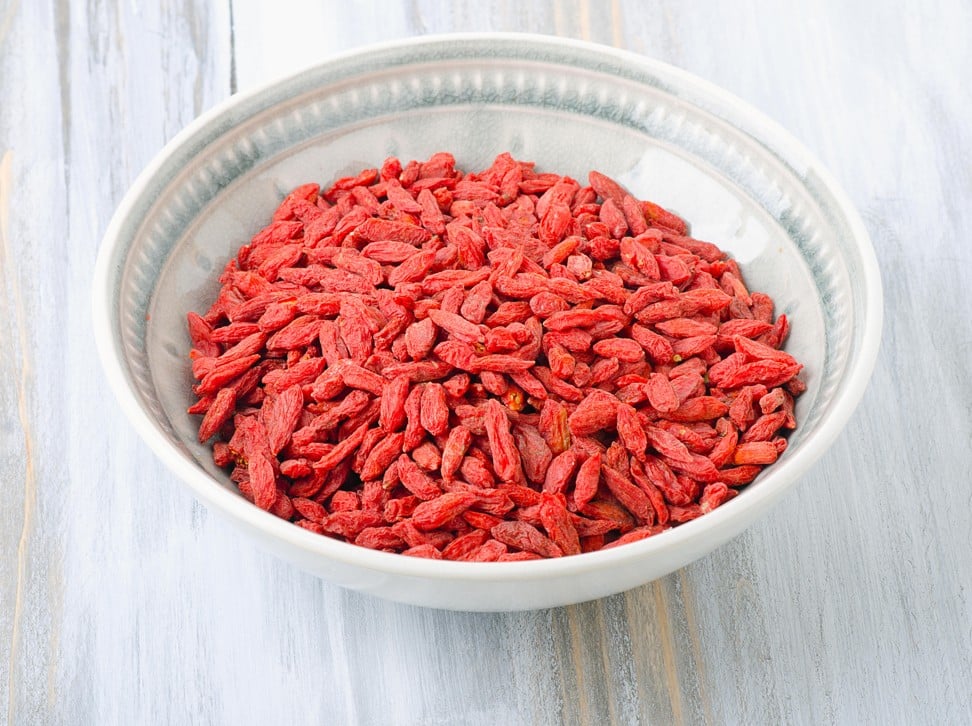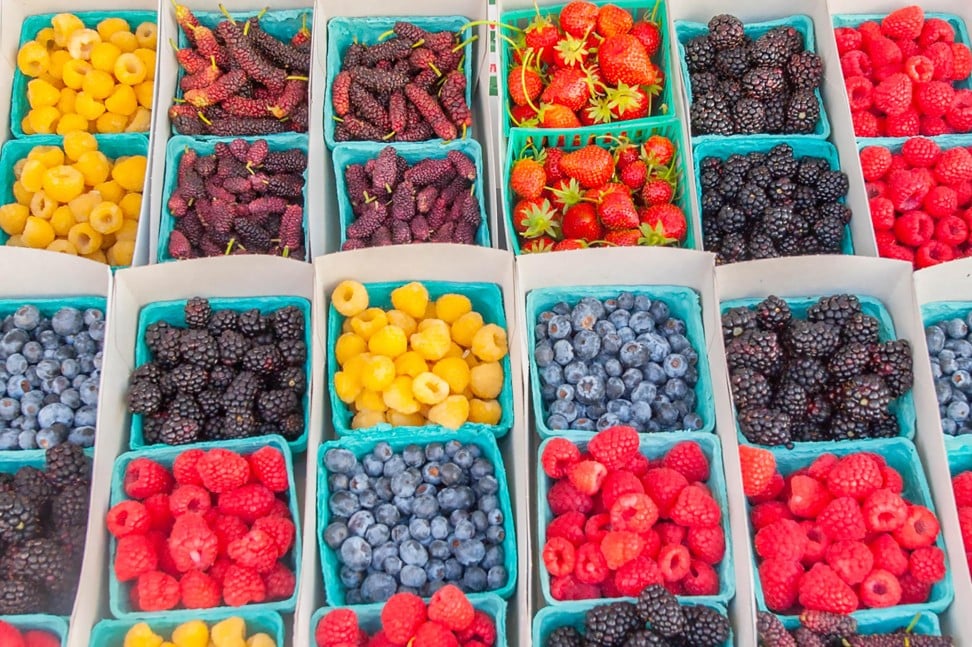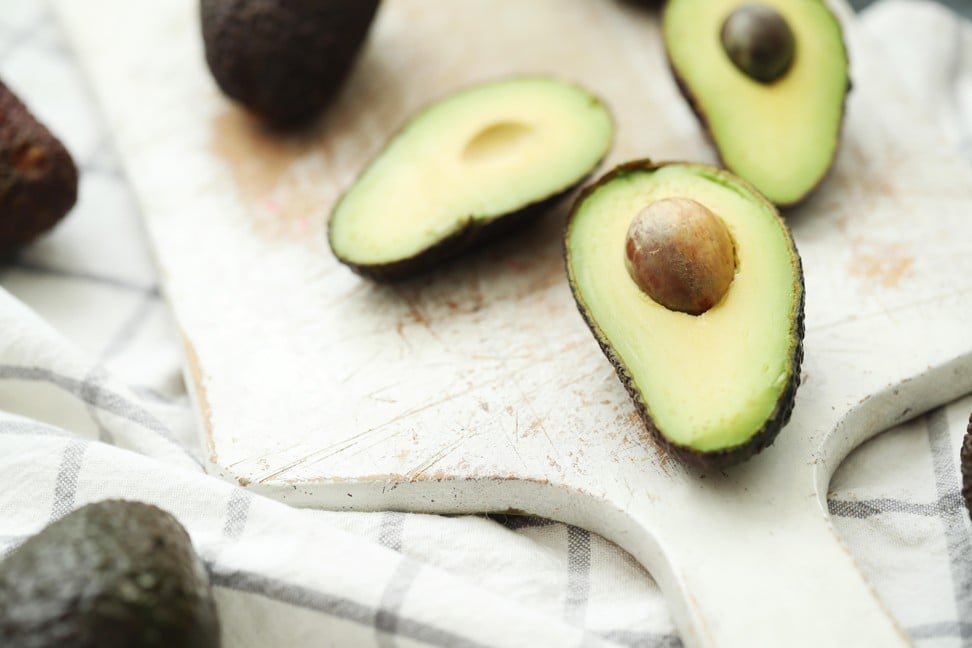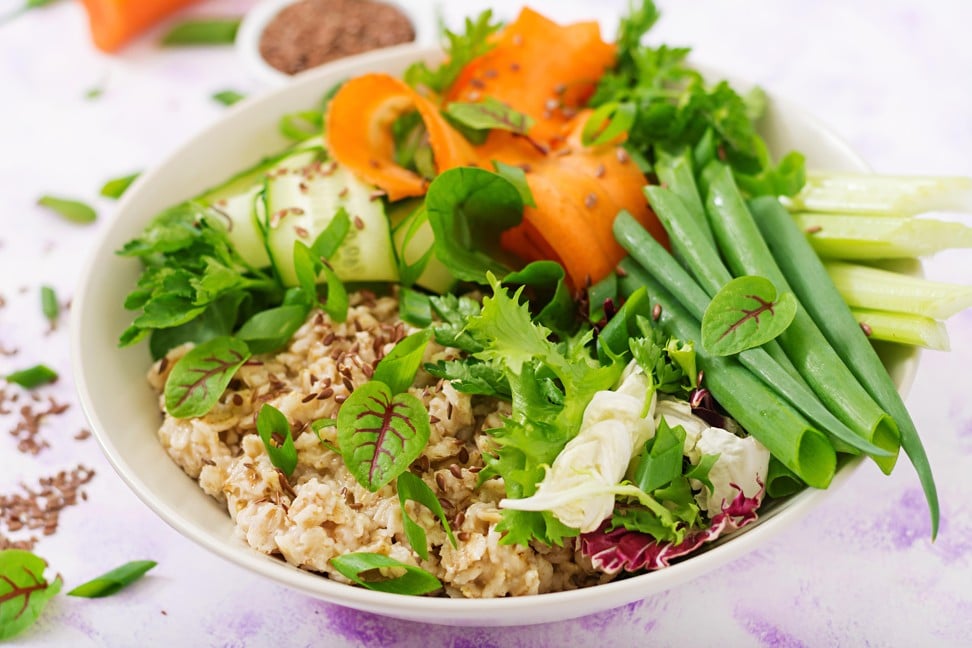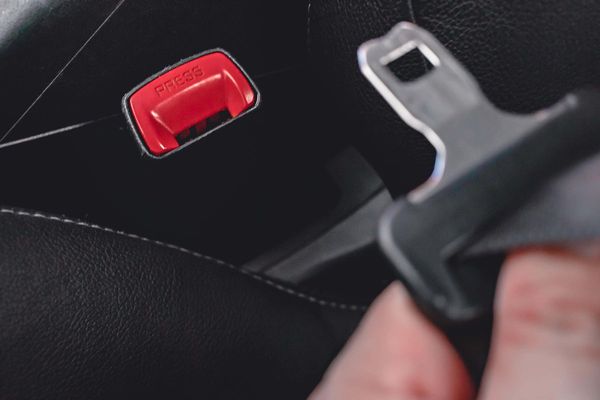
You have probably have heard of the ketogenic diet, also known as the keto diet.
Your friends may be doing it, your workout buddy may be on it, and even A-listed celebrities, such as actress Halle Berry and the television personality and socialite Kourtney Kardashian have adopted and raved about it.
What exactly is it?
Why ‘healthier’ low-fat ice cream may not be cool for your body
To put it simply, the ketogenic diet includes foods with low levels of carbohydrates (5 per cent of total calories), moderate protein (20 per cent) and high fats (75 per cent).
Typical foods consumed as part of this diet are meats, bacon, fish, seafood, eggs, cheese, butter, nuts, oils, mayonnaise, salad dressings, avocados, and low carb vegetables such as spinach, kale, celery and mushrooms.
The key attribute to this diet is the amount of carbs allowed for the entire day: 50 grams (1.76 ounces), which is equivalent to any one item from the following:
1 bowl of rice
1 cup of quinoa
1 cup of pasta
4 pieces of bread
1½ regular-sized apple, (or 1 large apple)
3 cups of carrots
Our body is a machine; it will look for alternatives to keep us going.
When glucose, the building blocks of carbs and the preferred form of energy are not available from foods, the body will turn to the liver for glycogen, a storage form of carbs where it is converted into glucose for energy.
When glycogen runs out, the body turns to fat to fuel the body. In other words, your body will be forced to use fat to fuel the body. Consequently, the body is put under a ketosis state, where fat is broken down to produce ketones.
Sounds promising! But before you decide to give the keto diet a try, consider the possible side effects:
Vegan, organic, non-GMO and gluten-free: chefs are answering the call for dietary needs
Limited variety of foods
When you limit yourself to 50 grams of carbs a day, you are almost cutting out an entire food group or two from your diet.
Eating foods with protein and fat along with leafy greens may fill you up and you are likely to be eating less.
Weight loss, however, is inevitable when you are limiting yourself in the type of foods you eat and when you are watching your intake closely.
Constipation
By limiting carb-rich foods such as grains, legumes, fruit and some vegetables, you are also reducing your intake of dietary fibre, which is essential for keeping the bowels regular and healthy.
You may experience constipation because you are limiting your dietary fibre intake.
Weight loss versus water weight
In the initial stages of adopting the keto diet, you may notice rapid weight loss. Do not do the happy dance yet.
What you are losing is actually glycogen and water because our bodies can only store a limited supply of them.
Since fat stored in the body was not metabolised, what you experience would not be true weight loss.
The dreadful symptoms (plus electrolyte imbalance)
When water is flushed out of the body, electrolytes such as sodium, chloride and potassium are also lost.
When your sodium and potassium levels are low, you may experience symptoms of headaches, nausea and fatigue.
Individuals who adopt the keto diet may require a table-salt tablet to keep their electrolytes balanced.
5 restaurants in Hong Kong serving Impossible plant-based ‘meat’
Vitamin and mineral deficiencies
Along with sodium and potassium, you are also reducing your intake on a number of essential nutrients when you restrict your food choices. You will not be able to eat fruits, which, in addition to dietary fibre, are rich in vitamin C.
Eliminating all fruits while on the keto diet means you will need to rely on receiving your vitamin C from other food sources including leafy greens such as spinach and kale.
When you are cutting out whole grains and fruits from your diet, you are also missing out on the antioxidants and phytochemicals, which are vital nutrients of a healthy diet.
Bad breath and sweat
As a result of using fat as fuel, acetone, a form of ketones, is produced. The side effects of having significant levels of acetone in the body are bad breath and stinky sweat.
If you plan to go on the keto diet, stock up on mints and deodorant because you will probably need them.
Heart health
A diet comprised mainly of fat may not be good for your heart. Despite the inclusion of healthy fats such as avocado, olive oil, nuts and seeds as part of the keto diet, fat is calorie dense and too much of any type of fat is not healthy.
Eating too much fat may elevate your cholesterol and triglyceride levels, which are risk factors for heart disease.
5 best vegan menus that meat lovers in Hong Kong will also enjoy
Sustainability
Will you be able to sustain the keto diet over the long-term?
As long as you are committed to the keto diet, you can say goodbye to rice, noodles, pasta, potatoes, most dairy products (except cheese and butter), fruits, desserts, sweets, sugar and alcohol.
You may run out of meal ideas, or you may start to crave carbs when you see your friends and colleagues eating a plate of pasta or indulging in a slice of cake on that special occasion.
If you revert to your old habits, your efforts of being on the keto diet are eventually wasted.
No real advantage
The bigger concern here is what the benefits are of using a keto diet for weight loss when you are using foods with fat to fuel the body?
If you are able to sustain the keto diet long term, you may be able to burn off some of your stored body fat.
However, when your diet is made up of mainly protein and fat, your body releases satiety hormones that make you want to eat less, so it is the eating less part that is making you lose weight, not carbs.
Bottom line
Carbs do not make you fat. It is how much you eat that makes you fat. Healthy weight loss takes time and there is not a magic pill or formula for it.
Adopting healthy eating habits is the key to maintaining a healthy weight. Combined with the appropriate amount of exercise, using healthier cooking methods such as steaming, poaching, baking, roasting, grilling, broiling, and sautéing and stir-frying with small amounts of oils and fats is recommended.
Paying attention to food portions and eating a diet with a wide array of foods from whole grains, vegetables and fruits, lean meats (or eggs, tofu, beans and legumes) and low-fat dairy products prepared with little to no added salt, sugar and fat will contribute to a healthier you.
Five vegan influencers leading green movement into China
Disclaimer: while I do not recommend you try the keto diet for weight loss, if you are still convinced that the keto diet works and you would like to do so, or if you have a medical condition, such as epilepsy, that requires the use of a ketogenic diet, you should speak to your doctor, who will monitor your electrolytes closely.
You can also speak to a registered dietitian, who will assess your caloric needs, guide you on meal planning and determine your needs for vitamin and mineral supplements.
Want more stories like this? Sign up here. Follow STYLE on Facebook, Instagram and Twitter
